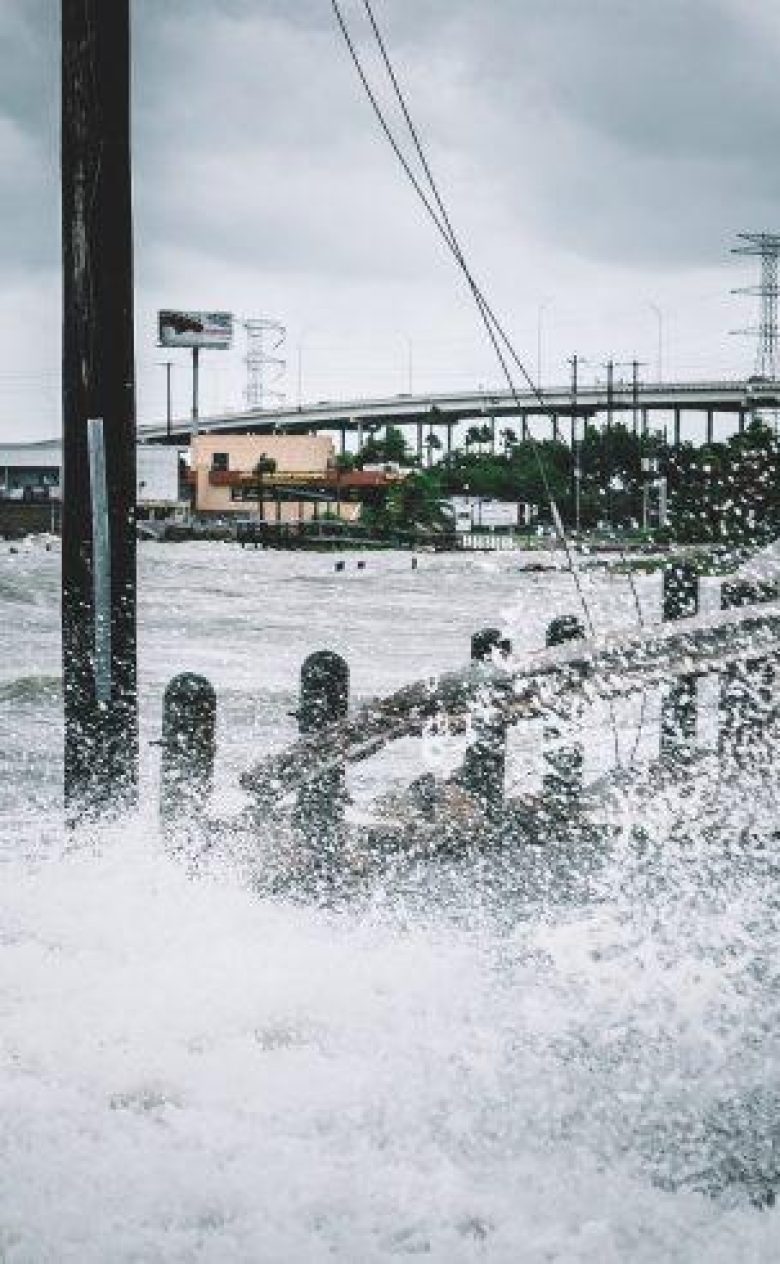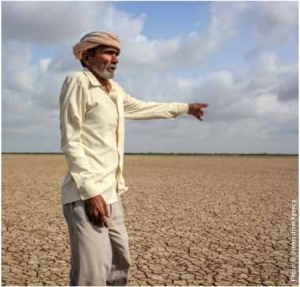Floods and droughts: an EPIC response to these hazards in the era of climate change
How can we create a safer, more prosperous future for the world's 7.7 billion people? Today, on Desertification and Drought Day, the World Bank and Deltares present an ambitious Flagship Report: "An Epic Response: Innovative Governance for Flood and Drought Risk Management" as their contribution.

Hazards don’t need to become disasters
Floods and droughts are some of the most tangible – and devastating – consequences of the climate crisis. They increasingly affect communities across the planet. The toll in human suffering and in economic costs is staggering. It is crucial that societies adapt and that governments prioritize, accelerate, and scale up their response mechanisms in the coming decade. “Over the last few decades, many countries have made significant improvements in managing floods and drought” says Ana Nunez Sanchez, one of the report authors “but unfortunately, those efforts are not enough, and we are falling behind.”

The World Bank and Deltares present a new perspective to better manage hydro-climatic risks, referred to as an “EPIC Response”. This perspective looks at floods and droughts not as independent events but rather as different ends of the same hydro-climatic spectrum that are inextricably linked. It provides a comprehensive framework to help national governments lead a whole-of-society effort to manage these risks. The term EPIC Response is a mnemonic for remembering the key elements of this perspective, as shown in the accompanying graphic—it also connotes the level of effort that is required.
An Epic Response is a whole-of-society effort
National governments must lead a whole-of-society effort to managing hydro-climatic risks. National agencies need to engage with businesses, civil society, and households—and focus on poor and marginalized groups—to ensure effective programs. They need to prioritize education and risk communication, tap into the expertise of the research community, and ensure open access to data and information. “There is a growing recognition of the need to develop policy-informed science and science-informed policy to deal with floods and drought. This is an area where Deltares has decades of experience collaborating with national agencies to generate effective science applied to flood and drought management”, says Ana Nunez Sanchez.
You have not yet indicated whether you want to accept or reject cookies. This means that this element cannot be displayed.
Or go directly to:
National agencies must fulfill their specific mandates but also need to collaborate to achieve an EPIC Response
If national agencies are not performing well or if interagency collaboration is weak, then there will be significant gaps in a country’s efforts to reduce hydro-climatic risks. An EPIC Response seeks to address these issues with the aim of efficiently reducing the economic, social, and environmental costs of floods and droughts. Ana Nunez Sanchez: “For an EPIC response the whole flood and drought management system is more important that the parts”.
Raising to the Challenge
A key message of this report is that managing the growing impacts of the changing climate is not an insurmountable challenge. The policy research and the four case studies included in the report show that we can march towards more effective response to the increasing risks of floods and drought. The hope is that the new knowledge and examples in the report twill both inspire and guide more progress, enabling government both to reduce the huge toll from disasters and to take advantage of the opportunities to create a more livable and prosperous planet.
Launch today
The report is launched today by a webinar opened by Juergen Voegele (vice-president sustainable development of the World Bank), Ibrahim Thiaw (executive secretary of the UN Convention to Combat Desertification) and Kitty van de Heijden, the Dutch Director General for International Cooperation. Henk Ovink, Special Envoy for International Water Affairs, led the discussion.

